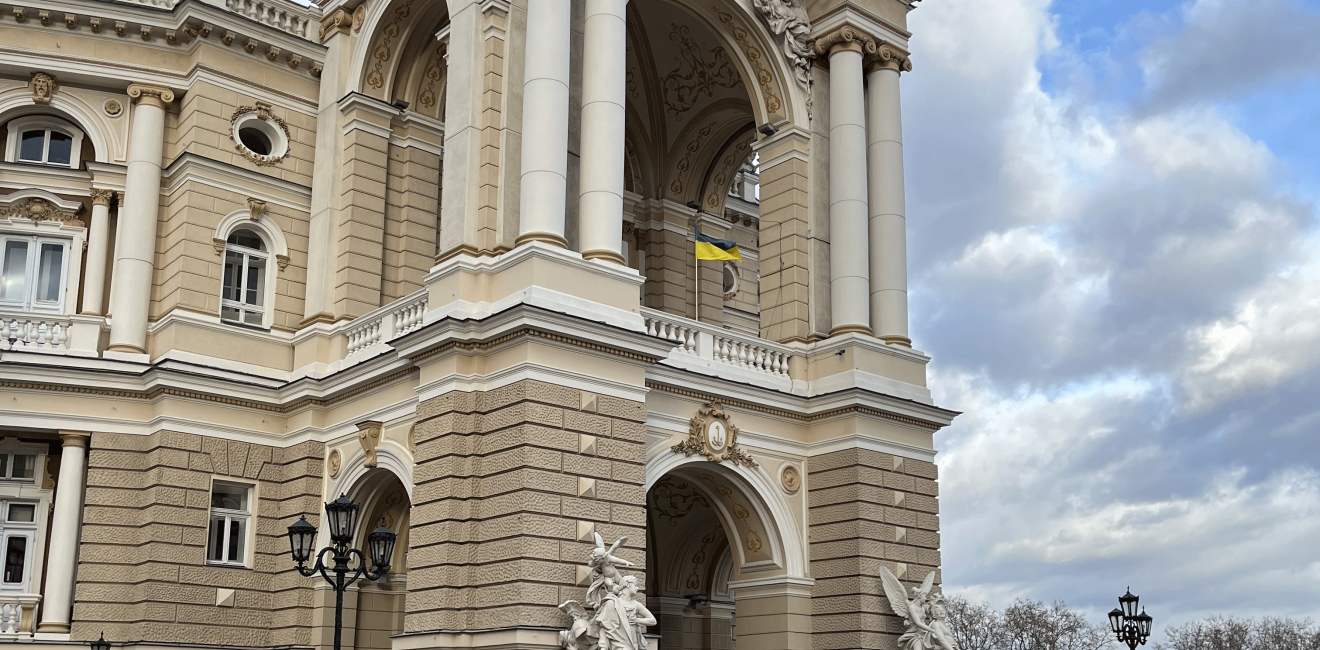
A blog of the Wilson Center

February 2024 marks the second anniversary of Russia’s invasion of Ukraine. But that’s not the only anniversary Ukrainians may be thinking about.
In these final days of February, much will be said and written about the second anniversary of Russia’s brutal invasion of Ukraine. But for Ukrainians, it isn’t simply this anniversary that matters.
March will mark the 10th anniversary of Russia’s illegal annexation of Crimea, which occurred in the weeks after thousands of “little green men” in unmarked uniforms suddenly swarmed the peninsula. With Kremlin support, they set up a phony referendum that was then used to justify Russia’s annexation moves. The United Nations General Assembly, and most individual nations, have rejected Russia’s claim on Crimea. Of course, Russian forces are still there.
September will mark the 10th anniversary of the Minsk Accords when, under pressure from the US and other western nations, Ukraine reluctantly agreed to terms regarding the independence of its Donbas region in a bid to end the conflict there with Kremlin-aligned forces. The Minsk Accords ultimately failed, and Russia continues to maintain its presence in that part of Ukraine.
December will mark the 30th anniversary of the Budapest Memorandum. It was through this memorandum that Ukraine, Belarus, and Kazakhstan agreed to denuclearization, and in exchange, the USSR, UK, and US pledged “security assurances” to those former Soviet republics. At the time, Ukraine had thousands of old Soviet warheads. Because of the security assurances, Ukraine permitted all its nuclear weapons to be transferred to Kremlin control. Of course, those assurances didn’t prevent any of the hostilities that Moscow brought to Ukraine in the following years.
This year also marks roughly the 90th anniversary of “Holodomor,” the imposition of a set of Stalin polices which led to the death by starvation of millions of Ukrainians. Many nations now recognize this manufactured famine as an act of genocide.
In 2014, I was a member of a team of international election observers in Ukraine that included then-Senator Kelly Ayotte, then-Congressman Peter Roskam, and the inimitable former Secretary of State Madeleine Albright. As we watched the conduct of Ukraine’s first post-Maidan presidential elections and its bold steps toward democratic renewal, there was a palpable feeling of hope. Ukrainians were choosing their own future—a future that increasingly looked westward to Europe.
We couldn’t know at the time that those elections wouldn’t end Russian aggression or Ukraine’s fight for democracy, liberty, and human dignity. Even before the events of February 2022, the State Department estimates that more than 13,000 Ukrainians had been killed by Russian aggression. And According to President Zelensky, some 31,000 Ukrainians have been killed since then—and more than 100,000 have been wounded.
The Wilson Center, through its Kennan Institute and Global Europe Program, has worked hard to put the Russia-Ukraine conflict into perspective. In the days leading up to the invasion, I interviewed Robert Zoellick (who is now known for his leadership at the State Department and as President of the World Bank, but was once the lead US negotiator in the talks to reunify Germany and end the Cold War) and put to bed Putin’s favorite excuse of a “broken promise” that NATO would move “not one inch eastward.” I led a discussion with Senators Jeanne Shaheen and Roger Wicker on America’s interests in Ukraine and the need for bipartisan support of President Zelensky, Ukraine’s military, and the country’s citizens. Former Under Secretary of Defense for Policy Michèle Flournoy joined me to reflect on the diminishing prospect of deterrence and the implications for our national security. And the very afternoon of the invasion, I hosted the Chair of the House Armed Services Committee, Congressman Adam Smith, on the grave threat Putin was presenting to Europe.
Two years into the war and remembering the many anniversaries that we will mark in coming months, it’s clear that former Defense Secretary Robert Gates was right when he warned us in 2022 that this would be an “era-defining” conflict. It’s testing Western resolve at a time when there seem to be so many challenges on the world stage. In my recent visit to Ukraine, I was struck by how often Ukrainians said to me that they are “tired but not exhausted.” I hope our resolve has similar endurance.
This blog was researched and drafted with the assistance of Katherine Schauer.
Author

Explore More in Stubborn Things
Browse Stubborn Things
Spying on Poachers

China and the Chocolate Factory

India: Economic Growth, Environmental Realities
